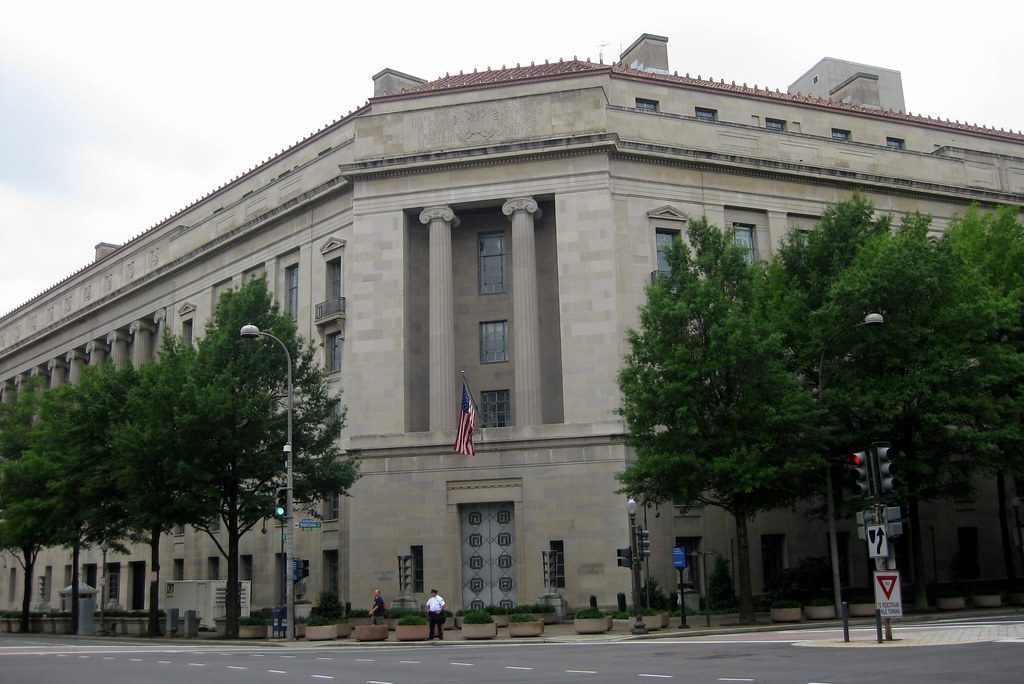Another day, another former antitrust enforcer defecting for the corporate world.
In the months since President Joe Biden promised to pursue more aggressive antitrust enforcement, former antitrust officials have become an even hotter commodity in the private sector. Douglas Rathbun is the latest official to jump ship from the increasingly central world of antitrust enforcement to the more lucrative world of defending the status quo. Rathbun is a former counsel for the Antitrust Division’s Office of Legal Policy and has advised the Division on administrative and regulatory matters as well as guided nominees to senior leadership positions. According to his LinkedIn, Rathbun elected to cut out the BigLaw middleman and join a corporation directly: this month he joined Facebook to work on public policy.
At Facebook, Rathbun’s public policy work will no doubt entail rubbing elbows with his former colleagues. His task, presumably, will be to attempt to sway their decisions in favor of his new employer as it faces increased regulatory scrutiny from the DOJ and an ongoing FTC lawsuit. But DOJ officials should see Rathbun for what he is: a turncoat looking to undermine the mission of the Antitrust Division to the advantage of Big Tech.
And what ethics rules are guiding Rathbun’s actions as he delves into issues regulated by his former employer? Unlike, say, New Jersey’s gaming enforcement division which prohibits directors from working for licensees or registrants (e.g. casinos) for four years after leaving their position, the DOJ is much less prohibitive of working for regulatees. DOJ Antitrust employees are subject to US Code 18 U.S.C. § 207, which bans employees for life from switching sides from government to private representation on “particular” matters they worked on as government employees. They are also prohibited from working on a larger range of matters that were under the employee’s official responsibility for two years. Senior officials are also subject to one and two year “cooling off” periods, when they cannot influence sitting officials inside and outside their former work.
Rathbun is following the path of Trump-era leaders like Alex Okuliar (who joined Morrison & Foerster this month) and Julia Schiller (who rejoined O’Melveny & Myers), as well as ostensibly career officials like former Bureau of Competition Director Ian Conner, who recently joined Latham & Watkins. At Facebook, Rathbun joins fellow revolver Barbara Blank, who left the FTC for Facebook last year. Politico recently revealed that Blank was the lead antitrust staffer when the FTC failed to sue Google in 2012 for illegally monopolizing mobile internet searches, ignoring the recommendation of staff investigators.
Big Tech has a pervasive hold on antitrust law experts from both the right and the supposedly neutral center. An integral part of that hold is using former officials like Rathbun to legitimize Big Tech’s efforts to weaken antitrust enforcement, particularly in the eyes of sitting leadership. Officials at the Antitrust Division must reject Rathbun’s and other revolvers’ attempts to undermine the public interest and break up Big Tech monopolies.
PHOTO: “Washington DC – Federal Triangle: Robert F. Kennedy Department of Justice Building” by wallyg is licensed under CC BY-NC-ND 2.0

